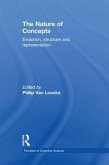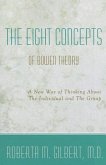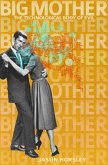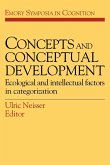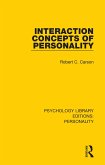Concepts embody our knowledge of the kinds of things there are in the world. Tying our past experiences to our present interactions with the environment, they enable us to recognize and understand new objects and events. Concepts are also relevant to understanding domains such as social situations, personality types, and even artistic styles. Yet like other phenomenologically simple cognitive processes such as walking or understanding speech, concept formation and use are maddeningly complex. Research since the 1970s and the decline of the "classical view" of concepts have greatly illuminated the psychology of concepts. But persistent theoretical disputes have sometimes obscured this progress. The Big Book of Concepts goes beyond those disputes to reveal the advances that have been made, focusing on the major empirical discoveries. By reviewing and evaluating research on diverse topics such as category learning, word meaning, conceptual development in infants and children, and the basic level of categorization, the book develops a much broader range of criteria than is usual for evaluating theories of concepts.
Hinweis: Dieser Artikel kann nur an eine deutsche Lieferadresse ausgeliefert werden.
Hinweis: Dieser Artikel kann nur an eine deutsche Lieferadresse ausgeliefert werden.


